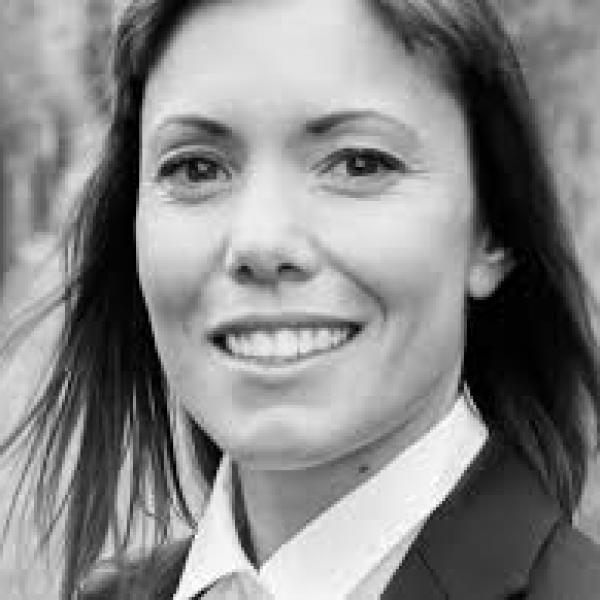Our progress towards ending deforestation and restoring forests in Côte d’Ivoire and Ghana
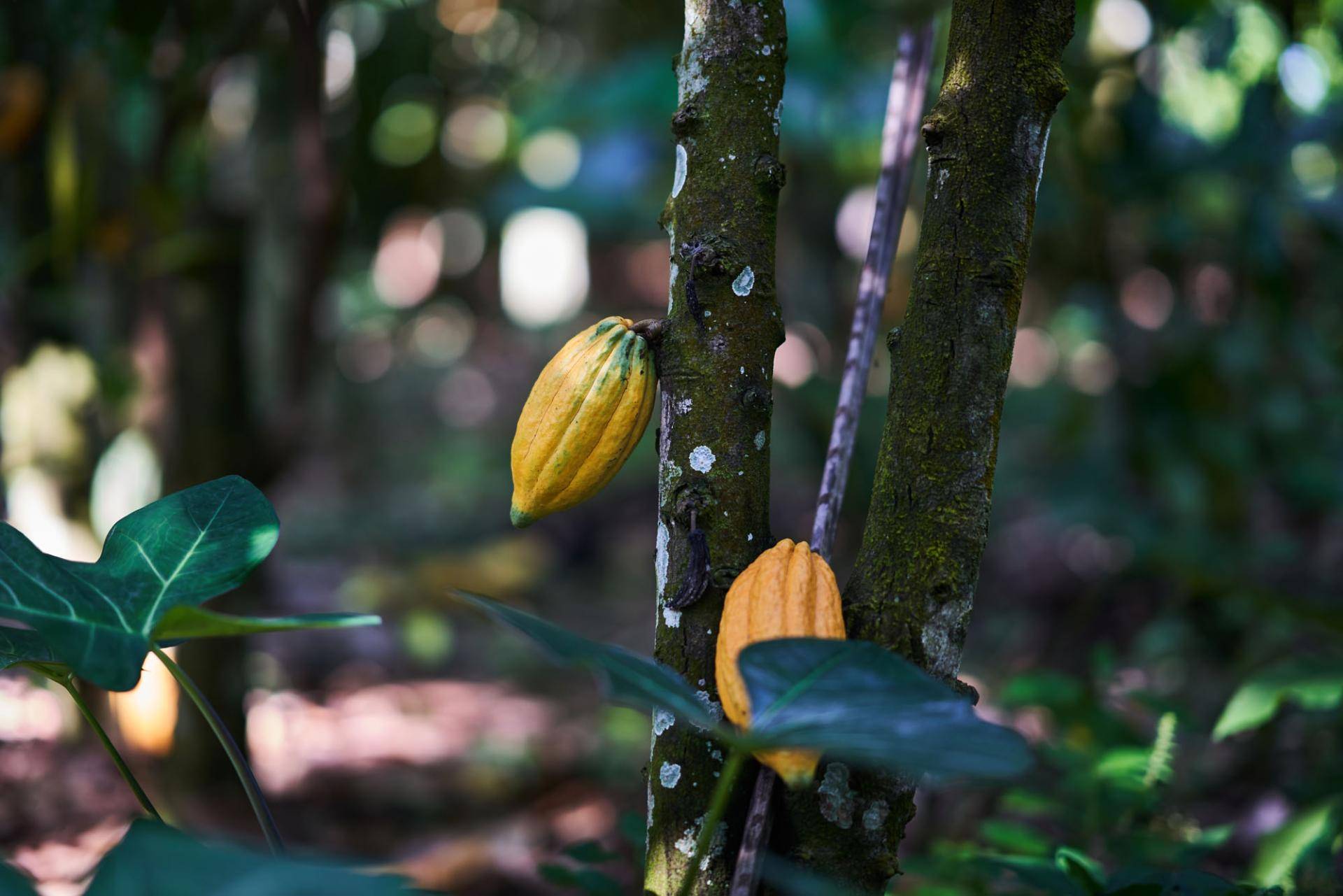
Our progress towards ending deforestation and restoring forests in Côte d’Ivoire and Ghana
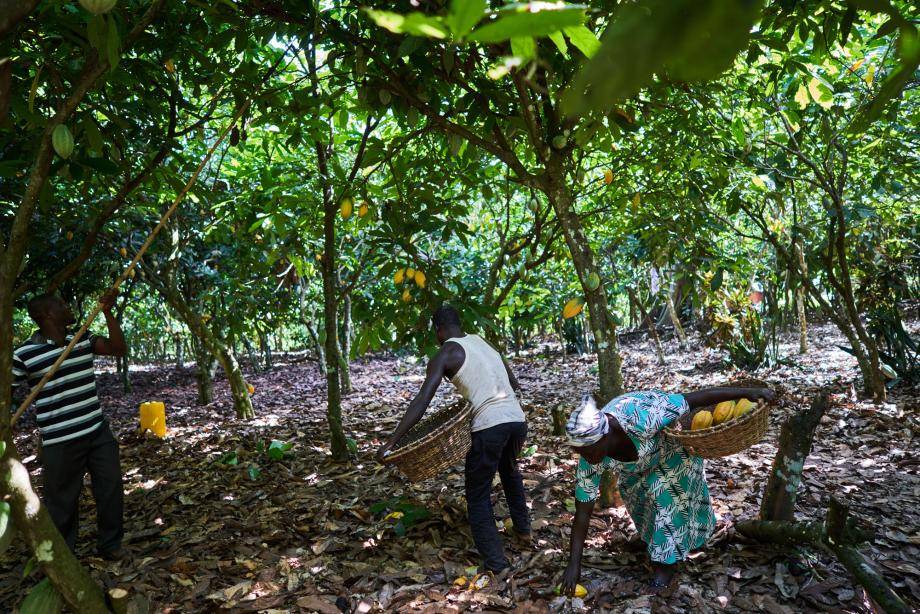
CFI Frameworks for Action is a joint agreement with government, civil society and the worlds leading chocolate and cocoa companies to end deforestation and promote forest restoration
Oliver, let’s first start with an overview of the Cocoa & Forests Initiative (CFI). Why was this established and what are the main commitments?
The CFI Frameworks for Action started in 2017 at the UN Climate Change Conference (COP23). Here, with the Governments of Côte d’Ivoire and Ghana, civil society and the world’s leading cocoa and chocolate companies, we signed landmark agreements to end deforestation and promote forest restoration and protection in the cocoa supply. This was quite the milestone, it brought together all the stakeholders in the cocoa supply chain and introduced a clear division of actions to be taken by these stakeholders.
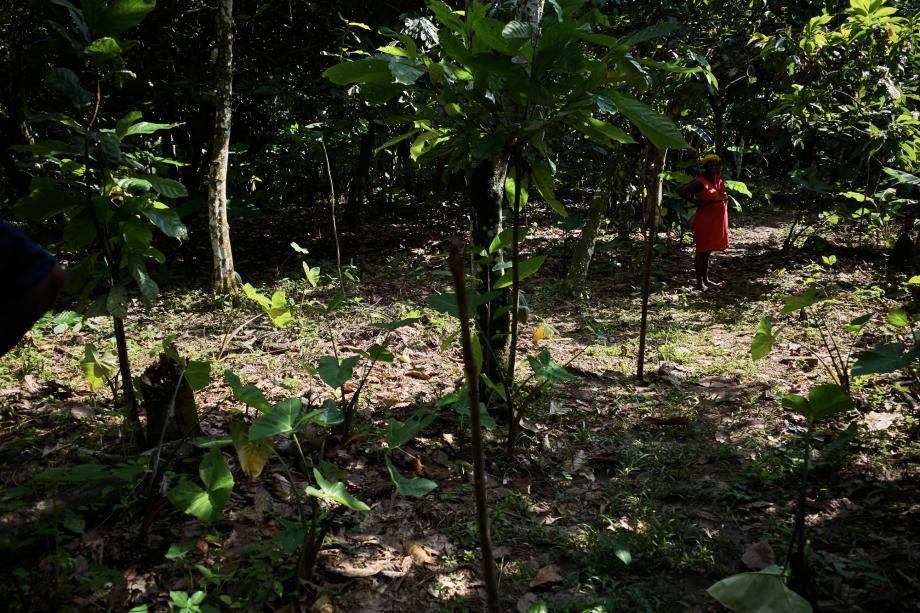
A key focus has been the mapping of the location of farmers we are sourcing from in Côte d’Ivoire and Ghana
We are now one year on after publishing Barry Callebaut’s Action Plan. How is Barry Callebaut progressing ?
Well we are definitely on track to meeting our commitments. A key focus for us has been the mapping of the location of the farmers we are sourcing from. Mapping is really a critical step to ending deforestation because it tells us if the farm is located in a protected forest area, or how far away it is from there. It also allows us to exclude cocoa purchases from farms fully or partly located within a protected area boundary.
In terms of the hard data, we have now mapped over 222,000 farms in Côte d’Ivoire and Ghana. This work is definitely not a desk exercise, our teams on the ground are literally walking the perimeter of these farms, which is nearly 160,000km.
When you put that into context, that's around four times the earth's circumference. It is a big achievement and its thanks to the dedication of our employees to turn this commitment into action.
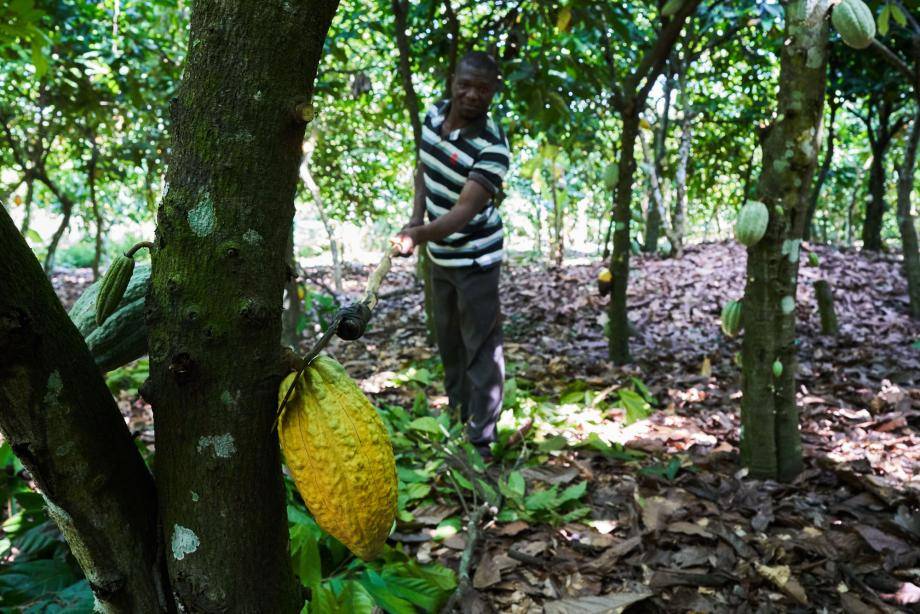
So far, Barry Callebaut has trained over 280,000 farmers in agroforestry and biodiversity
So along with mapping, what about reforestation or agroforestry?
Indeed, we are not only eliminating deforestation from our supply chain but we are also committing to forest restoration. Working with our customers, we have distributed over 3 million cocoa seedlings and over 750,000 shade trees. This momentous effort shows that we have almost achieved our CFI commitment to distribute 3.2 million seedlings and 1.2 million shade trees by 2022. In addition, we have helped to protect over 6,000 hectares of primary forest and restore 3,800 hectares of forest by removing illegal cocoa and allowing natural forest regeneration in the forest reserve of Cavally, Côte d’Ivoire.
Looking forward, we are also developing some very exciting and innovative trials in drone technology to reforest degraded land.
You mention removing illegal cocoa farming, how are you addressing sustainable cocoa production and the livelihoods of cocoa farmers?
There is definitely a relationship between deforestation and poverty. In terms of improving farmer livelihoods, what we know is this - first, that lifting cocoa farmers out of poverty is a prerequisite to end deforestation, and second, to prevent further deforestation and increase sustainable production of cocoa, we must focus on growing more on less land. We also know that a “one-size-fits all” approach will not lift farmers out of poverty. Under Forever Chocolate, our plan to make sustainable chocolate the norm by 2025, we will become carbon and forest positive and more than 500,000 cocoa farmers in our supply chain will have been lifted out of poverty. So you can see that there is alignment in both our CFI and Forever Chocolate commitments.
As part of Forever Chocolate, we have been undertaking pilot projects in key cocoa growing countries. These pilots were developed to understand not just the effectiveness, but also the rate of adoption by farmers of fertilizers, productivity packages, farm rehabilitation programs, shade trees and crop and livestock diversification. Since the establishment of our CFI Action Plan, we have trained over 280,000 farmers in Côte d’Ivoire and Ghana on Good Agricultural Practices, also called GAPs. In these trainings farmers learn about agroforestry and biodiversity. We have also worked diligently to design Farm Business Plans to enable farmers to develop their cocoa farms into rehabilitated, diverse and professionally run farms over a period of several years. The Plans also help farmers to access labor and inputs on credit. In 2019, we delivered over 22,000 Farm Business Plans to farmers in Côte d’Ivoire and Ghana.
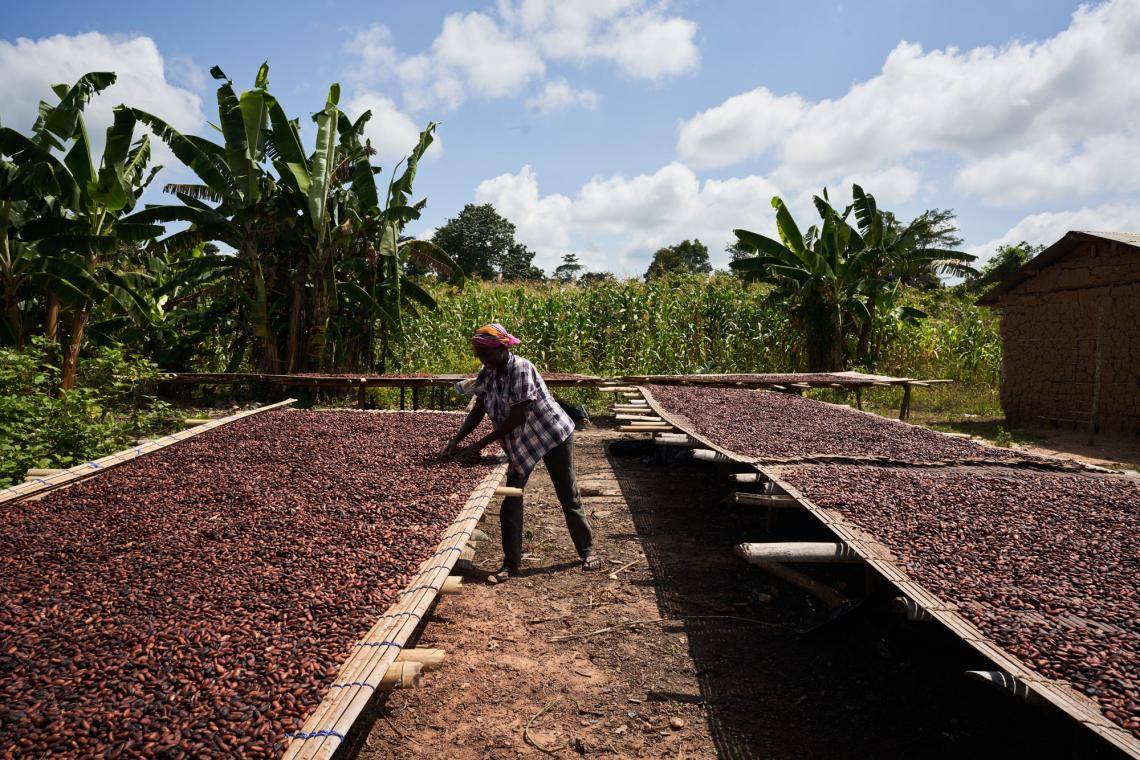
Growing more on less land: lifting cocoa farmers out of poverty is a prerequisite to ending deforestation
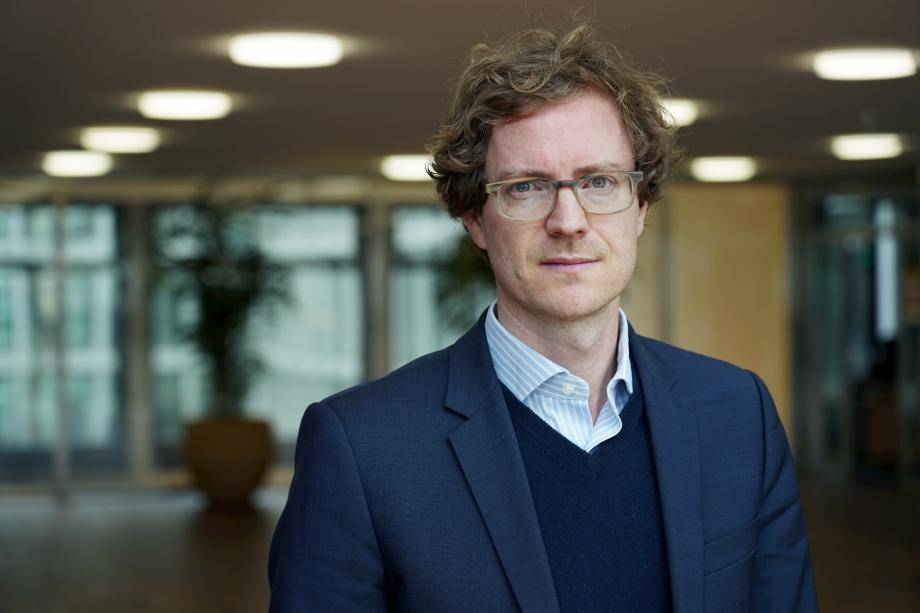
Oliver von Hagen, Director, Global Ingredients Sustainability & Carbon/Forest Programs
Currently, the commitment to CFI is until 2022, so what do you hope to achieve in the next 12 months?
Ending deforestation, promoting forest restoration and improving cocoa farmer livelihoods definitely has its challenges, and CFI enables governments, industry and societal organizations to coordinate priorities with our aligned Action Plans. I am proud of the work we have achieved so far and this is due to a huge team effort from our people on the ground, customers and external stakeholders. In the coming year, and in consideration of the seasonal fluctuations in the number of farmers we source from, we will continue our work to map the geographical location and size of the farms in our supply chain in Côte d’Ivoire and Ghana, we will also collaborate with industry partners and cocoa origin governments to expand initiatives, as well as continue to explore innovative solutions to promote reforestation. We will also continue to provide tailored farm services to support sustainable cocoa farming and our pilots will further our understanding of sustainable cocoa farming models.
